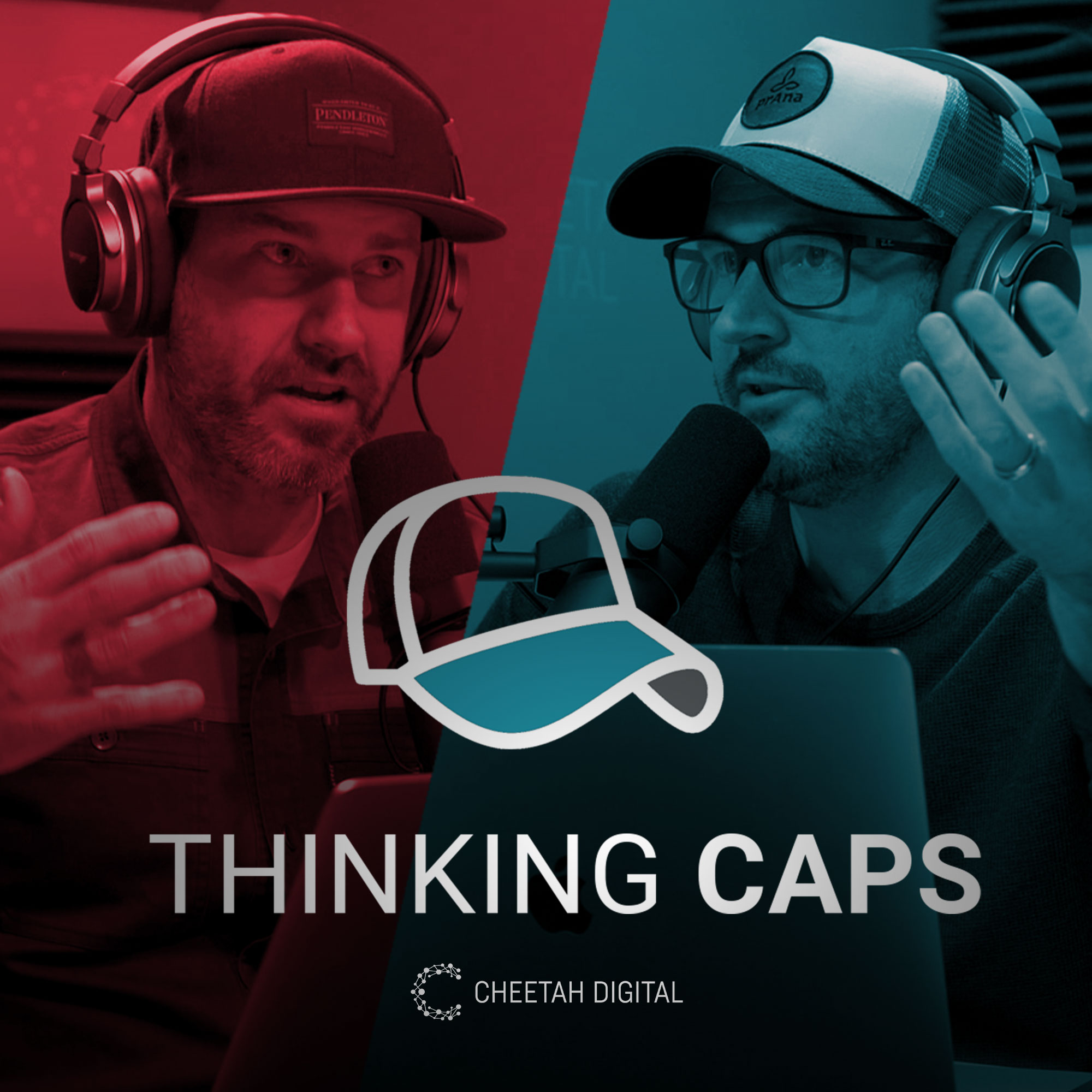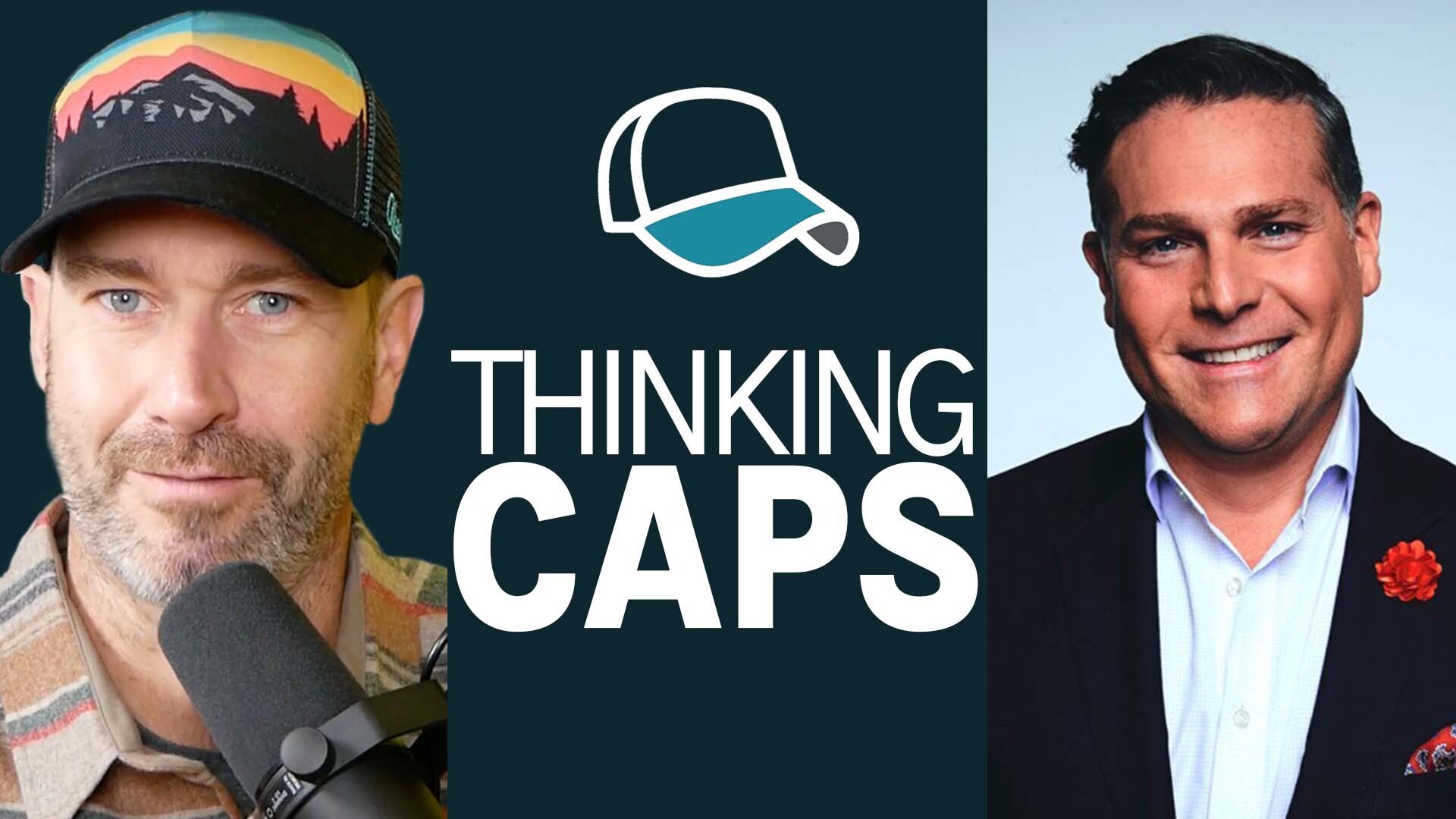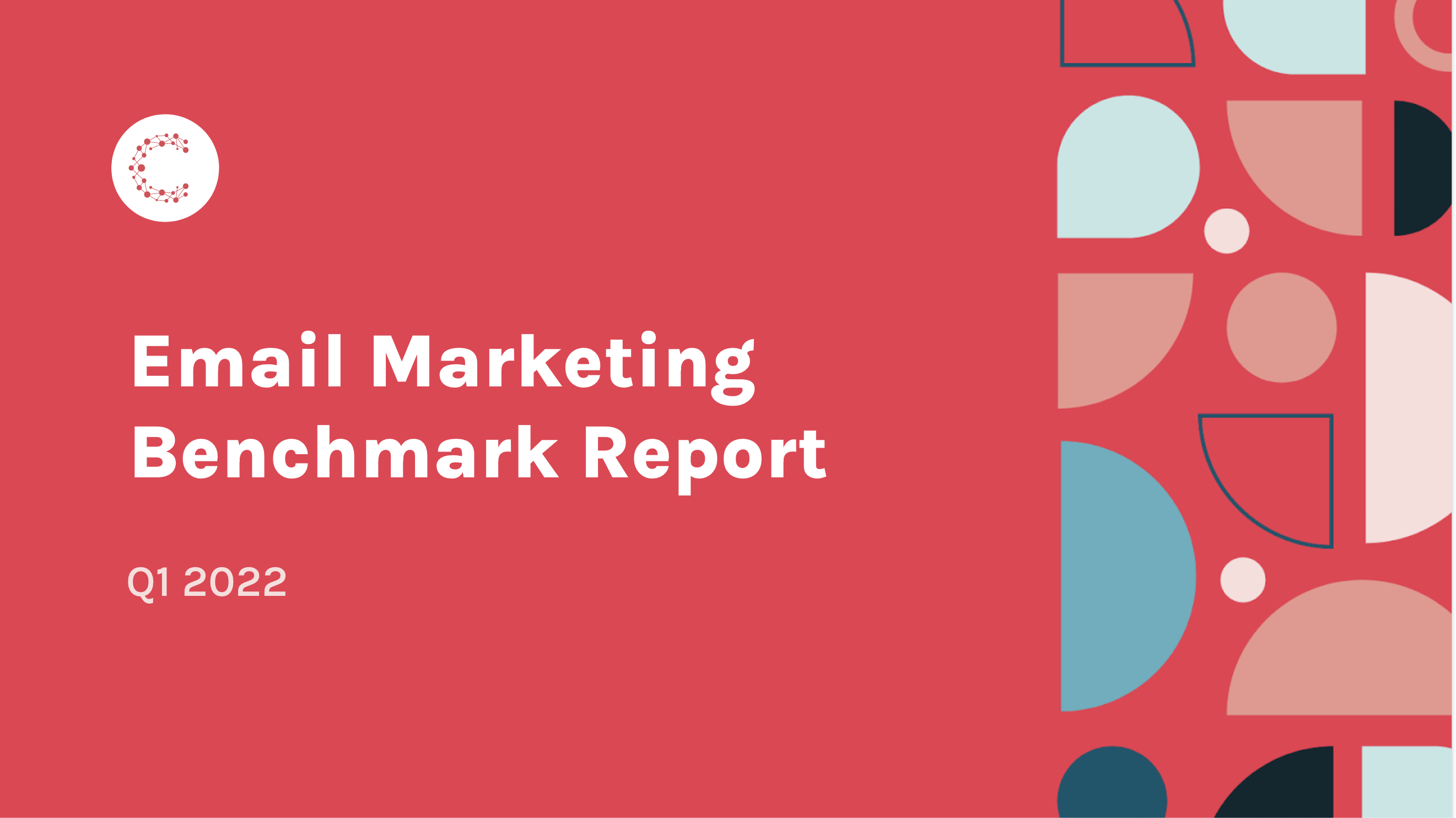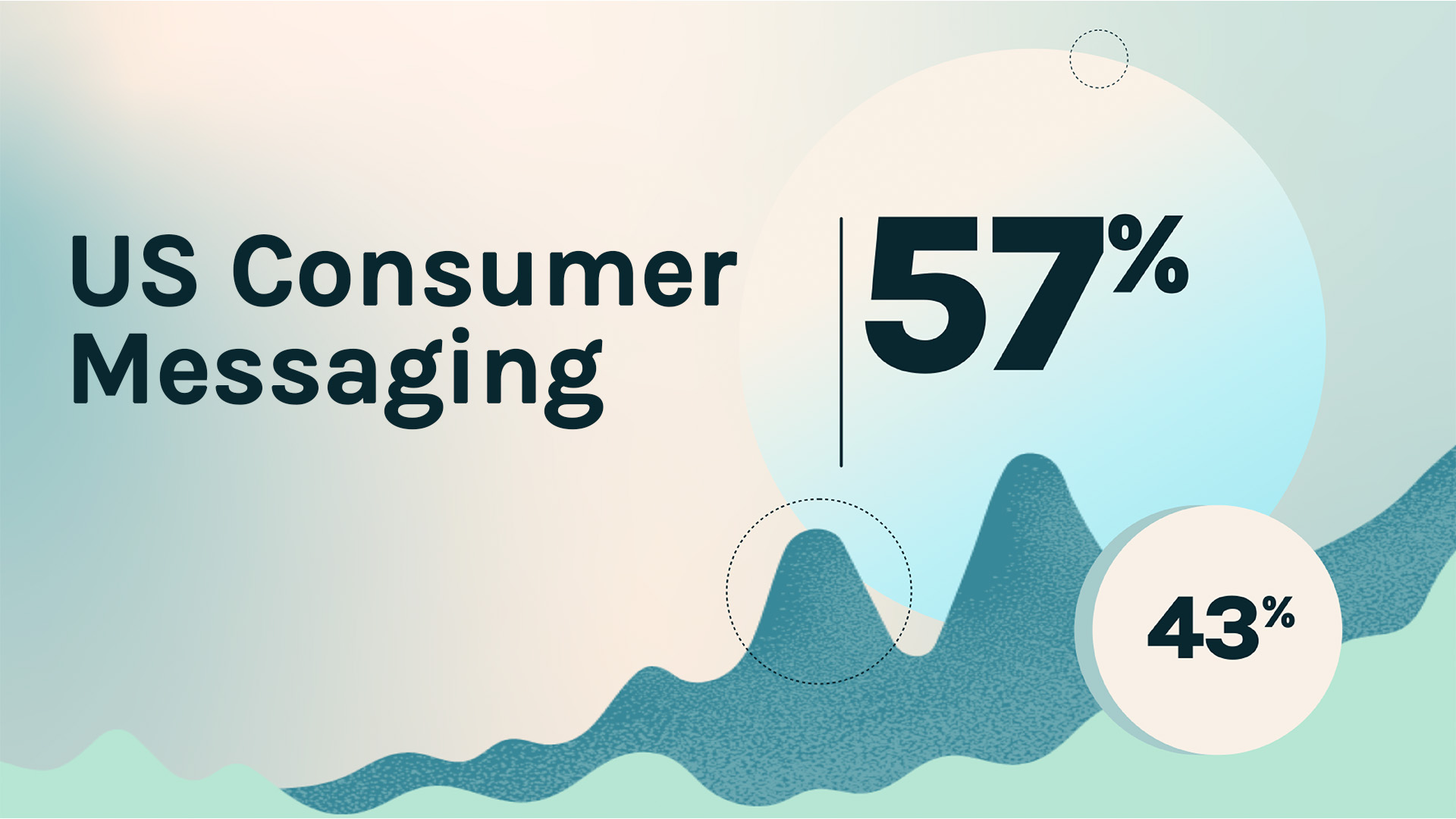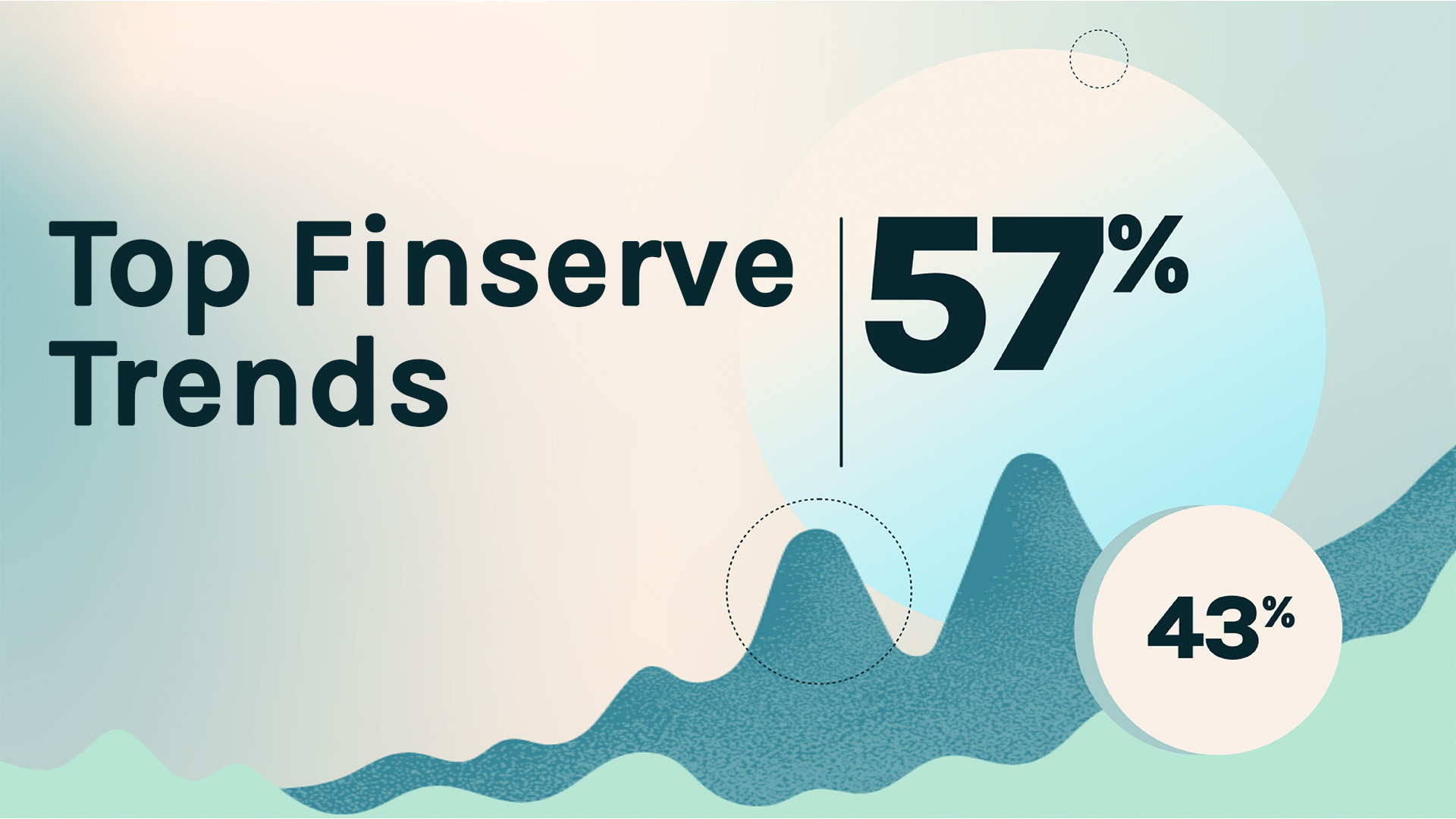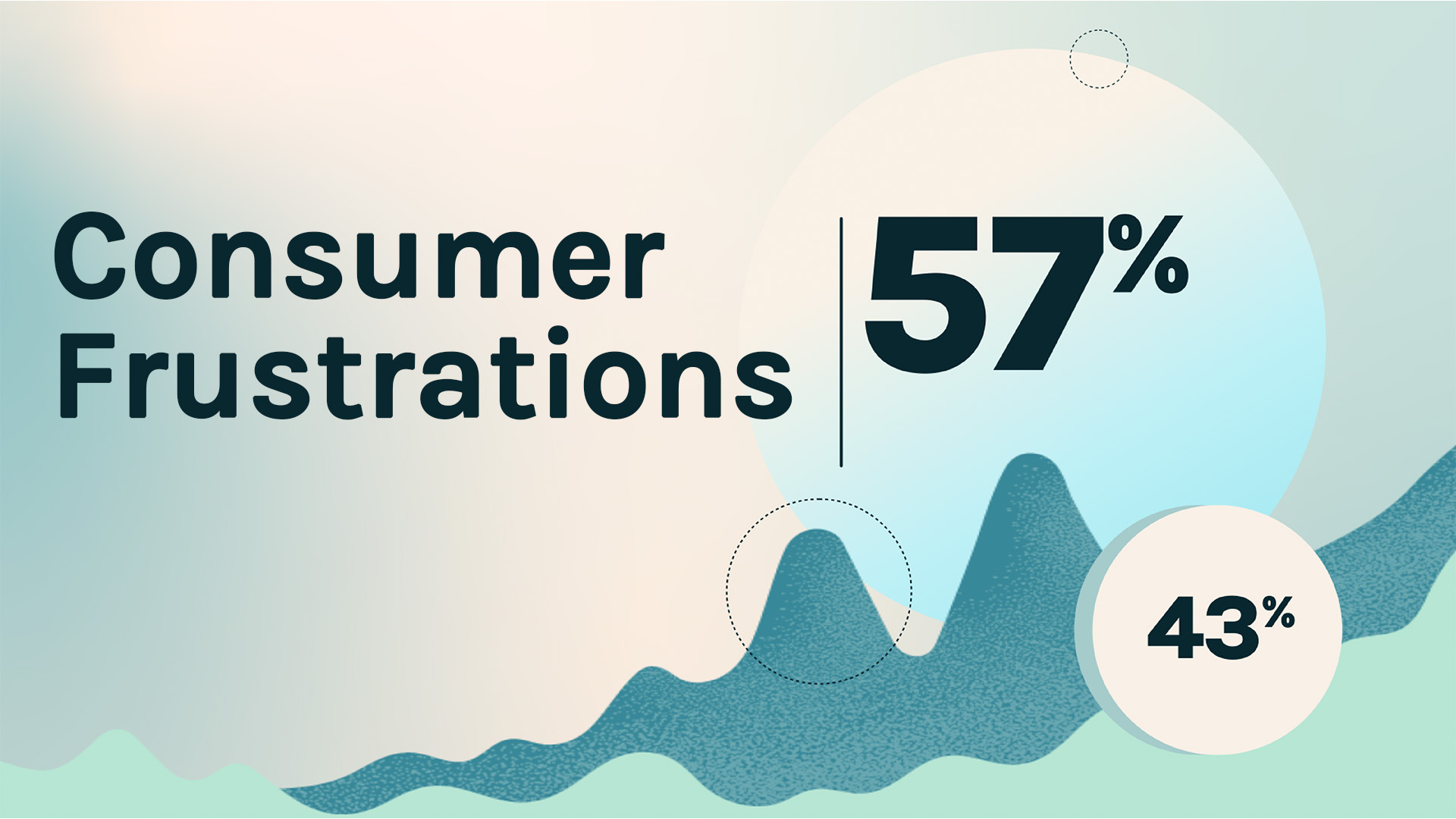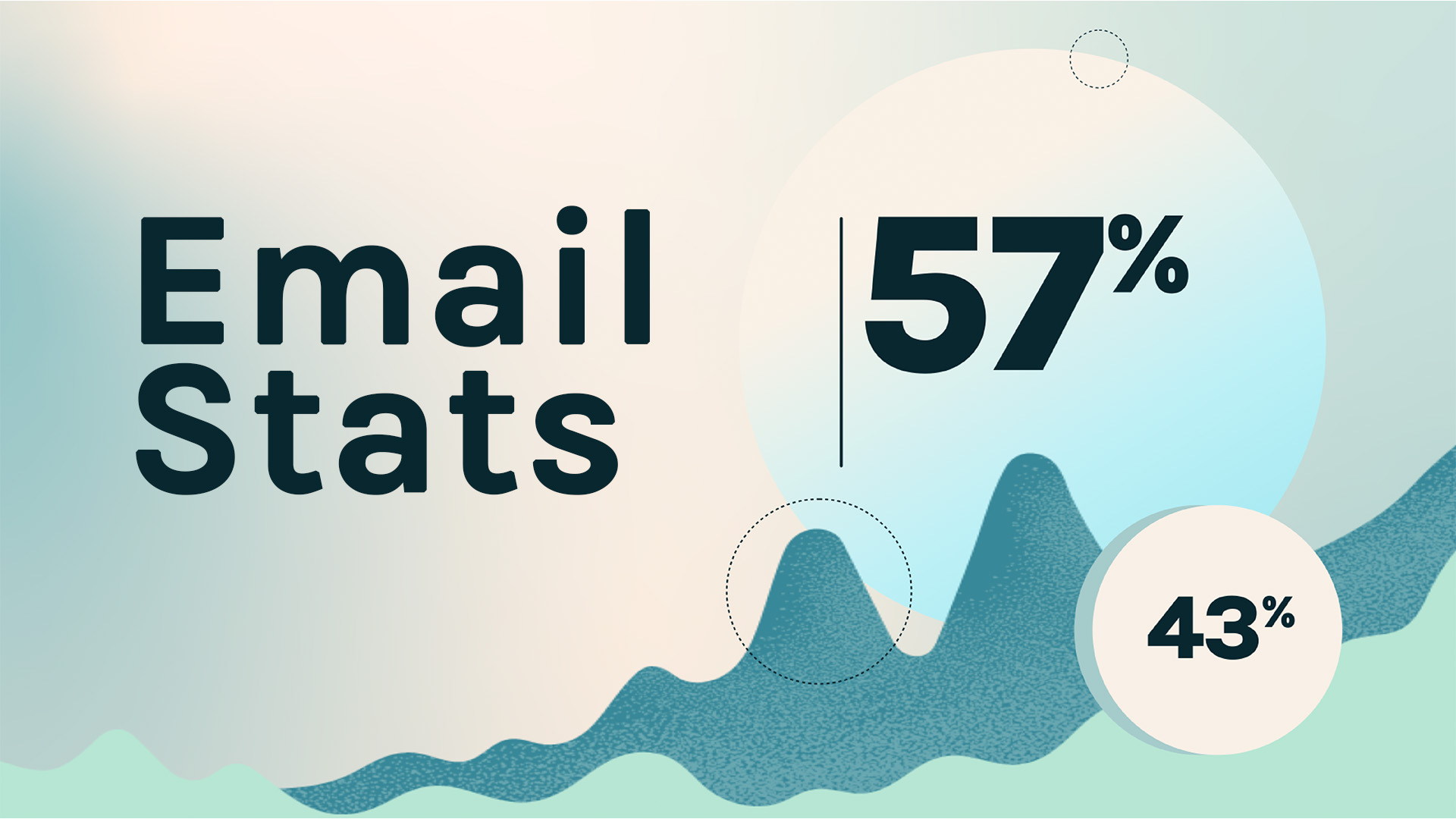The Value Exchange Validation: A New Ecosystem Emerges
- 0.5
- 1
- 1.25
- 1.5
- 1.75
- 2
Tim: The value exchange economy. We've been talking about it for a long time, but a new middleman emerges in the landscape to help match brands with consumers and incentivize them by sharing their tracked behavioral data. Bad idea. Let's dig in.
Rich: Tim, I can tell you're fired up about this one. What's the scoop?
Tim: I am, I am. And look, there's some caveats off the top. I am quoted in this article I'm about to read to you from, but it is a homepage article this week on adage. com, and the headline is, will consumers trade their Facebook and Google data history for brand deals? And the idea is, middlemen are merging to connect brands with consumers, for the data that's been hoarded by platforms.
Rich: So are we talking about your entire Facebook and Google tracking history?
Tim: So I'll tell you why this is. When GDPR and CCPA rolled out, big media companies that track you, track you around the web in their own properties and others, have to give consumers the ability to download and get their entire information that that company has tracked, and this comes into an HTML file or a JSON. A lot of people don't know what a JSON file is. I happen to. It's a very structured piece of data. But yes, Rich, everything that Google, Facebook, or other media companies have on you, you can download.
Rich: So, providing you're an engineer, you can get your own data.
Tim: Well, and that's what's kind of clunky about this. And first off, I am not beating up on DataLucent here. I love when somebody comes and tries to create a solution that sticks up for the little guy, the consumer. And the idea here is that DataLucent is trying to say," Hey, look, your data is already being ripped and traded, and you're being tracked, and all your behavior, everything you've done is there for the taking for advertising. Why don't you just take control, ask Google for it, take it and give it to us, DataLucent?" DataLucent, then, will broker deals, and they're looking to build an ecosystem of brands where they can make matchmaking. Hey, giant shoe wear company, hey, giant software, or cola company, would you like to know about people that do this and that?
Rich: Got it. Okay, so-
Tim: And then those companies would give those consumers things. They did a test where a sporting league gave you free tickets, or up to a hundred dollar value. But now, you are saying, yes, you can use all this tracked behavior that Google went and did their homework on me, you can now use that to do whatever you're going to do to advertise and track made even further.
Rich: It's interesting because that kind of volume of data, your entire history on Facebook and Google, I mean, there's execs at Facebook and Google driving around in Maseratis, just off my data, so what are you getting for this?
Tim: So let's think about this. It took me 20 steps to do this. I actually did it. I went to Instagram and requested to download my data. It took nine clicks. I had to enter information, including my password, and I now have to wait up to 48 hours to get this JSON file.
Rich: Ooh, that sounds like a-
Tim: So that was painful to begin with. Two, I have no value to it as well. It's not like you're getting a Shutterfly picture slideshow or anything, you're getting a JSON structure file. Then, I would have to upload it to DataLucent. I don't know what the steps are. They don't have it available on their website, but their website looks clean and nice. So then, it makes the match. What I think the big problem is here, and I'm just going to summarize for brands that are watching, do not fall into this trap of another middleman controlling data between you and the consumer, all right? So that's the first thing. And I love that Garett Sloane, the author of this, said," Middlemen are emerging. We don't need more middlemen, we need more direct to consumer, not another..."
Rich: Right, and that was also reinforced by the 2021 consumer index report where we said 79% of consumers would prefer it if brands dial back their advertising to them on Facebook, and instead invested in loyalty programs to incentivize a direct- to- brand connection.
Tim: Bingo. So the idea is good here. By nature, DataLucent is chasing the right rabbit. But the second major flaw I see, why the heck would I want to take all of my tracked behavioral data and give it to someone... That's like taking my police record and giving it to my neighbor. A, I'd want to edit it, and B, by the nature... Human nature. Why track me? Why snoop on me? Why are you trying to take this stuff that Google snooped on me? Hey, brand, if you really want my attention, why don't you come just @ me and ask me three or four or five key crucial questions to understand me? Why are you buying snooping data?
Rich: Right, when you really look at the seriousness of what consumers think about privacy in the behavior of the marketing and ad tech ecosystem over the last 10 years, surely, to appeal to the ethical consumer, it's better to be wider than why in terms of your approach to data and be very, very clear and transparent with how you collect data and how you use data.
Tim: Yes, and the article does state that, as far as privacy regulation goes, it looks like DataLucent has figured that out where, again, you're downloading your data and you are willingly, physically uploading it to translucent, and on your behalf, they're... So the privacy is probably okay here, and that, I don't have a problem with. Again, I go back to, why do I need a middleman to take tracked behavior? Why doesn't a brand just ask me something, which comes to what we've pontificated about time and time again. And Cheetah Digital has been doing this for years. Rich, you and I have been doing this well before we joined Cheetah Digital. I did it for Mark Cuban in 2011, 10 years ago, a value exchange. I gave away free guitars, signed pianos, trips, so that you would watch a concert with one of your favorite artists. That's what we did, the value exchange economy. Give me some data, let me know what kind of concerts you want me to tell you we have on our network, and then we'll let you crosstalk-
Rich: And it doesn't have to be giveaways. It can be a exclusive content, it can be, treat me like a VIP, it can be, give me loyalty points in return for my engagement or my data, give me a lift up to the next tier of a loyalty program. I mean, there's many different ways we can structure a value exchange to a consumer.
Tim: There are a million things here. And because this is my floor, I need to clarify a few things. When you go and read this article on Ad Age... and I'm sure Facebook, and DataLucent, and everyone else are reading and going," Why is this Tim Glomb so fired up?" There is a quote in there that says," It sounds like a heavy lift to me." It's true, I just explained it. Nine steps to get my data, and then I got to load it to translucent, and I don't even know what happens after there. Do I like approved brands, or does everybody get it? Is it a free for all? Ted Nugent's free for all. There's another quote in here that is so me, sorry, but I said," Why would you want to go to Facebook and Google and take these things that you're pissed off that they were already tracking you on and hand it to a brand?" I, as a consumer, do not want people to use my tracked behavior that's on some server somewhere. Just come ask me what I want.
Rich: Yeah, and ultimately, bring back creativity, make adverts that are creatively brilliant, that tempt you in. It's not all about data, it never has been. Creativity is a key part of this, and marketers are brilliant at creativity when they work with the excellent agency and creative ecosystem that's out there.
Tim: So my takeaways on this for you guys to take away is, A, the value exchange economy is real. We've been talking about it for a long time. You can go back and look at our library. We've been talking about it for a while. And there is a new ecosystem emerging that's trying to do better than be a third party with tracking and snooping, although right now, this first iteration is based on tracking snooping data. But I like DataLucent's attitude here. Three, if you're not collecting your own direct- to- consumer information, straight from John and Jane Doe, right into your database with no middleman, you're doing it wrong. And you need the Zero- Party Data Playbook, which Cheetah authored, and we refresh all the time with new ideas, experiences, strategies, and tactics. So that's my takeaway. Rich. I'm sure you have some other suggestions for our audience, and I'm sure we're going to see more of these, but what do you suggest they do?
Rich: I'd say, better experiences, not better ads, make sure that you're advertising on these platforms to get them off the platform, into your own channels, collect your own data, and then think through, how do I build that long- term relationship with your consumer? You need to have a value exchange, as the IEB said. I think loyalty has a massive part to play in the future of how brands and consumers inter- operate.
Tim: Yeah, and look, if you're lost in all this from, how do you even get the first part of data, to, how do you store it, to, how do you activate it, analyze, et cetera, that's why Cheetah Digital is here. We built the Customer Engagement Suite to take that from end to end for you, so give us a call, literally. Rich and I will get on the phone with you. Maybe you can talk me into getting a haircut, because my wife can't.
Rich: I hope so.
Tim: All right. Well, we're out. We'll continue to cover these things, and I hope you had a chance to read that Ad Age homepage article this week.
Rich: Thank you.
DESCRIPTION
In the AdAge article "WILL CONSUMERS TRADE THEIR FACEBOOK AND GOOGLE DATA HISTORY FOR BRAND DEALS?" Tim Glomb comments on the well-intentioned but misguided value exchange platform from DataLucent. Cheetah Digital has been powering the value exchange economy between brands and consumer for years. But a new 'middleman' enters the landscape further validating the need to reward the consumer for sharing the right data. But is a third party vendor needed? Do they muddy the waters? Let's dig in.

